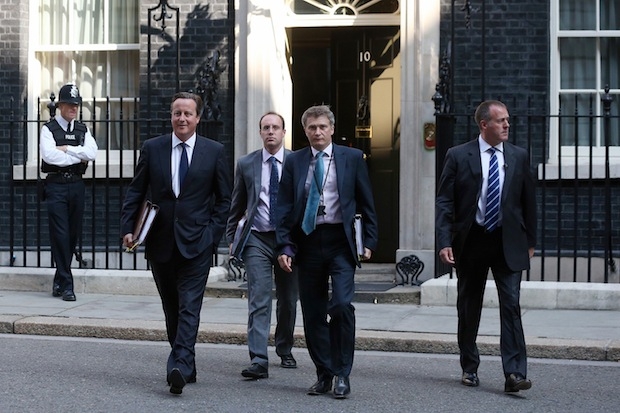The political conference season may be lacking in party activists nowadays, but it has lost none of its importance to the party leaders. For David Cameron, Nick Clegg and Ed Miliband, the next four weeks are a chance to position themselves for the final, full parliamentary year before the general election. Clegg needs to get his party members to sign off on the policies he has pursued in government, to prevent any manifesto embarrassments. Miliband needs to find an iconic policy which tells voters what his government might be like. Cameron needs to protect his right flank from Ukip, while still appealing to the centre.
But none had planned for the new parliamentary term starting with the eruption of the Syrian conflict on to the British political agenda. A month ago, no one was expecting MPs to have been untimely ripped from their sun-loungers to vote on the principle of military action against the Assad regime.
It was undoubtedly damaging for the Prime Minister to lose a vote on a matter of war and peace. But there has been as much of a backlash against Miliband as Cameron and all the party leaders seem to want to forget that last week’s drama ever happened. One of those involved in No. 10’s discussions of the issue says there is no appetite for a second Commons vote on Syria, ‘It’s very much a case of once bitten, twice shy.’ So, at least for the moment, the Syrian issue has departed as dramatically as it arrived.
Last week’s government defeat was a historic moment. If the executive is not to wage war, what is it for? But people in Westminster are still struggling to work out what the vote has actually changed. There’s a general acceptance that it has altered how British prime ministers will be perceived abroad.









Comments
Join the debate for just £1 a month
Be part of the conversation with other Spectator readers by getting your first three months for £3.
UNLOCK ACCESS Just £1 a monthAlready a subscriber? Log in